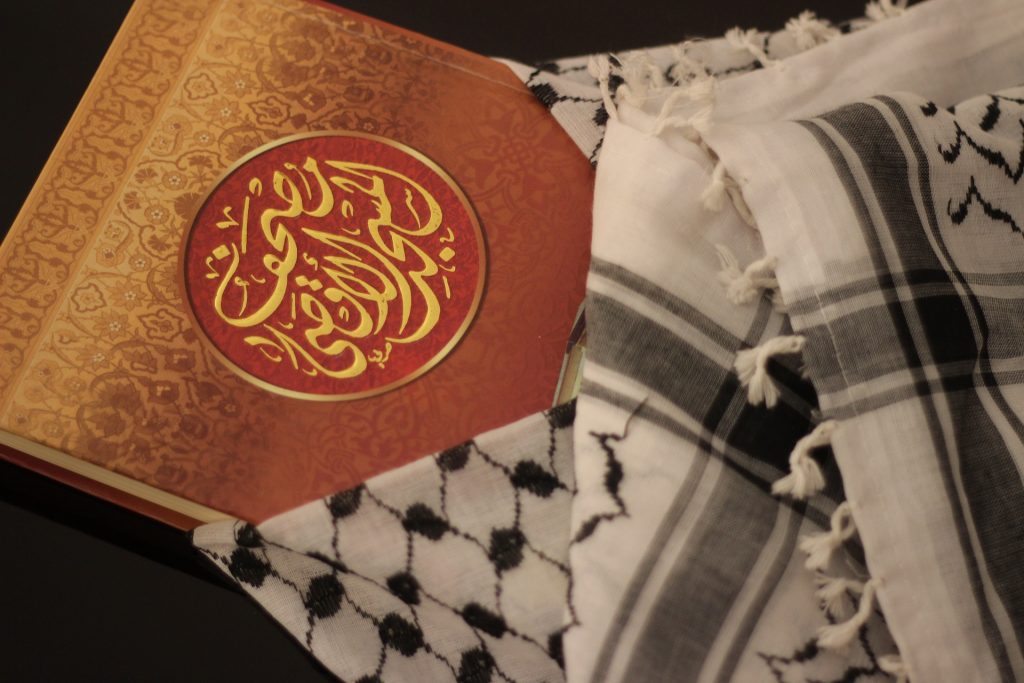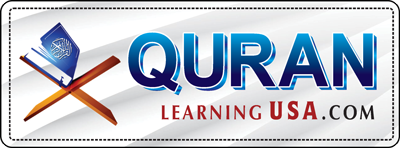
The Quran, the divine holy book of Islam, provides a divine guide to humanity. For Muslims across the globe, learning the Quran is one of the most spiritually rewarding acts they can do. For starters, learning Quran format and advanced learner structures provides them with a much easier way to learn how to recite, comprehend, and implement the teachings from the holy book. This article will cover what is included in a Quran learning course, its benefits, the learning process, different types of courses, and tips for learning. This guide aims to assist anyone seeking an online course or traditional classroom setting to learn the Quran.
Why Learning Quran is Important?
1. Strengthens the spiritual connection with Allah
Since the Quran is the word of Allah, a Muslim is bound to have a stronger connection to Allah when learning the Quran. Alongside reciting and understanding Quranic verses, the peace, clarity, and purpose in life enable an individual to make their life more valuable.
“It is He who has believed that this Quran guides to that which is most upright and gives glad tidings to the believers.” (Surah Al-Isra 17:9)
2. Here and After Payoffs
Each letter recited from the Quran earns immeasurable rewards, as is mentioned in the life of Prophet Muhammad (peace be upon him):
“Let me share some beautiful hadith: ‘Whoever recites a letter from the Book of Allah will have a reward, and that reward will be multiplied by ten.’” (Tirmidhi)
Some of the blessings of learning the Quran include acquiring knowledge, boosting one’s faith, and securing favours in this life and the afterlife.
3. Teaching the Religion of Islam
A Quran learning course helps learners understand the message of Islam, including aspects of faith, ethics, social relations, legal matters, and the afterlife, as well as providing a sound framework for living righteously.
What are the components of a Quran Learning Course?
A Quran learning course is structured in a way that it teaches the Quran in a step-by-step sequence which includes recitation, memorisation, and comprehension of the text. The outline of the main elements that make up the structure of the course is given below:
1. Noorani Qaida (For Beginners)
Noorani Qaida is an initial teaching book on reading and writing Arabic and Tajweed rules. Beginners need to read the Quran before attempting to read the Quran.
2. Tajweed – Recitation of Quran with Correct Pronunciation
Each student is required to learn the basic Makharij (pronunciation points of Arabic letters) in a Quran learning course. It also includes rules of elongation (Madd), stopping, and pausing (Waqf). Tajweed, or precision in Qur’anic recitation, ensures that the word is recited correctly without any additions or omissions. Tajweed is one of the necessities to master for you to be able to recite the Holy Quran as it was revealed to Prophet Muhammad (peace be upon him) throughout his life.
3. Quran Recitation and Fluency
This part of the course usually takes the most time because there is a lot to learn, especially memorized parts such as Surah, Ayats, or verses. Every student wishes to improve their performance, so teachers help students read the Quran with ease, ensuring the fluency and articulation of the Quran is maintained.
4. Memorisation (Hifz) Qur’an Recitation Programme
For those pupils who wish to commit the whole Holy Quran to memory, you will need to sign up for a structured hifz course, which includes daily memorisation targets, revision techniques to retain verses, as well as supervised recitation to ensure the student is memorising verses accurately.
5. Tafsir (Explanation of The Quran)
Tafsir serves to provide meaning and historical context as well as wisdom regarding the suras of the Quran, enabling students to apply Islamic teachings in their day-to-day lives.
6. Islamic Studies And Dua For All
A Quran learning course also touches on the teachings of Islam. This includes, alongside the learning of salah prayers, two specific sets of ‘duas’ that are referred to.
The integration of both knowledge and faith can be very helpful.
Types of Quran Learning Courses
There is a list of courses that cater for specific learning interests and objectives:
1. Online Quran Courses
These courses are targeted at learners who wish to study from all over the world. These include:
- One-on-One Sessions with Teachers
- Pre-Recorded Video Lessons
- Live Classes with Interaction
Many Islamic academies and institutions offer structured online Quran courses that have certified tutors for students across the globe.
2. Traditional Madrasa (Islamic School) Learning
Madrasa caters to learners who prefer face-to-face interactions. Students are taught in small groups or on an individual basis. This improves the recitation and memorisation of the learners.
3. Weekend and Evening Classes
Many mosques and Islamic centres have set up Quran learning classes for adults and pupils who are not able to participate in full-time education. These programmes are entirely flexible with reasonable targets that need to be achieved.
4. Quran Learning Applications and Self-Study Courses
For those who prefer studying at their own pace, there are many Quran learning apps, e-books, and courses that provide lessons, pronunciation, and Tajweed rules.
Tips for Quran Learning
1. Establish a Learning Routine
Routines are very important to human beings. Set aside a definite time every day to focus on recitation, memorisation, and study.
2. Seek a Qualified Teacher
Your tutor must be knowledgeable, so that he or she can provide you with proper guidance on areas such as the understanding of Tajweed and the different rules that govern it.
3. Practice Daily Recitation
Focus on reciting one page or more daily, remembering to read the Quran regularly improves your confidence and fluency over time.
4. Memorise Small Portions at a Time
When memorising, start from short Surahs before gradually moving up in length. With repetition and revision, retention becomes much easier.
5. Reflect on The Meaning
Make an effort to learn the Tafsir of verses and their translations. For spiritual growth, remember to apply these lessons in day-to-day life.
FAQs
1. Can beginners take a Quran learning course?
Of course! There are courses meant for beginners which start by teaching the Arabic alphabet, simple pronunciations, and Noorani Qaida.
2. How long does it take to complete a Quran learning course?
Depending on the learner’s pace and the course type, the duration can vary significantly. Basic recitation courses take a few months, while memorisation (Hifz) skills can take several years to absorb.
3. Is it necessary to learn Tajweed?
Tajweed ensures that every letter is pronounced correctly while maintaining the intended meaning and beauty of Quranic verses.
4. Can I learn the Quran without a teacher?
It is possible to self-study using apps and books, but without a qualified teacher, it is difficult to achieve the proper level of pronunciation, fluency, and comprehension.
5. Do online Quran courses help learners effectively?
Yes, there are many courses online which include interactive elements, live classes, and personalised coaching, which makes learning easier and more effective.
Conclusion
In the modern era, everyone who wants to excel in their faith, improve their recitation skills, and comprehend the message of the Quran should undertake a Quran learning course. In my opinion, classes available online, in-person, and via self-study cater to all levels.
As long as a learner commits adequate time and effort regularly, they can develop the pleasing skill of Quran reciting, memorising, and understanding. Everyone should start right now to receive the spiritual calmness and enlightenment that accompanies learning Allah’s Book.
